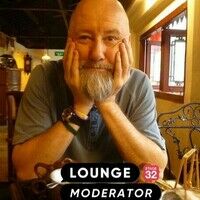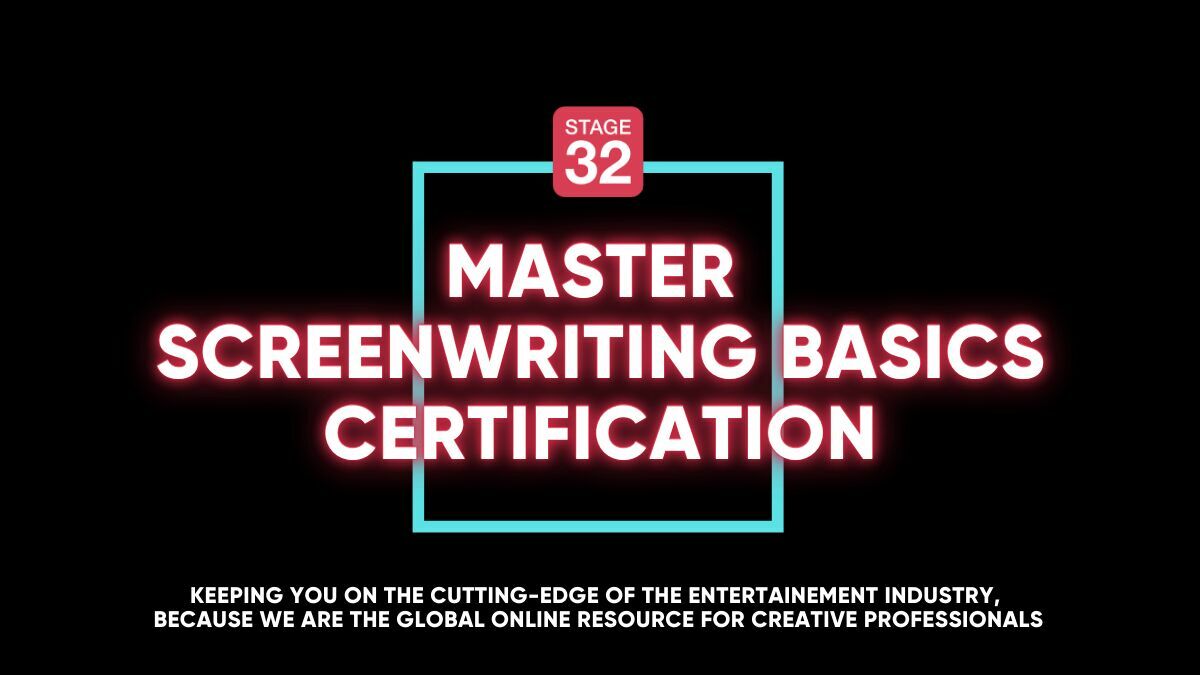
Last night I enjoyed myself at the Crowded House in concert at Cardiff Castle. As a family we have a long-lasting love of their music and so my son and daughter bought myself and my soulmate tickets to the show.
I have valued Neil Finn’s mastery of songwriting, but here I want to focus on one element of that; his lyricism. For this I’d like to look at this wordsmith in action with one of Crowded House’s most beloved songs - Fall at Your Feet.
I'm really close tonight
And I feel like I'm moving inside her
Lying in the dark
And I think that I'm beginning to know her
Let it go
I'll be there when you call
And whenever I fall at your feet
You let your tears rain down on me
Whenever I touch, your slow turnin' pain
You're hidin' from me now
There's somethin' in the way that you're talkin'
The words don't sound right
But I hear them all moving inside you
Know
I'll be waiting when you call
Hey, whenever I fall at your feet
Won't you let your tears rain down on me?
Whenever I touch, your slow turnin' pain
The finger of blame has turned upon itself
And I'm more than willing to offer myself
Do you want my presence or need my help?
Who knows where that might lead
I fall
Whenever I fall at your feet
Won't you let your tears rain down on me?
Whenever I fall (at your feet)
Whenever I fall
This is a haunting song and in the performance last night, there was an obvious emotional connection with the audience.
As a screenwriter, I look at how Neil Finn constructs the story with a poetic and not matter of fact manner. “Won’t you let your tears fall down on me? Whenever I touch your slow turning pain.” We can all probably connect with that sense of a partner’s hurt and to ‘move inside’ them and experience their pain. The music is a kind of therapy, moving us to a connection he with that moment of melancholy in our lives.
That’s what good songwriting can do and also that is what we need to do as screenwriters too; we need to move our audience towards the screen and the characters on it. I’ve been writing for 15 years and I’ve learnt to pare down my dialogue.
In the early days I was sure I had to let the audience know everything that was on a characters mind, I had to explain it clearly to those watching. BUT, then the penny dropped, people don’t talk like they were in a Shakespearean play, we speak in clipped sentences and if there is tension, then the dialogue should reflect that with a terseness and directness that grabs hold of us and makes us watch the action unfolding through the dialogue. Yes, dialogue is action!
We need to move from writing rhetorically to poetically; for in this way we learn the wisdom of paring down our language. Rhetoric is meant to show off, to flaunt our mastery of language, but the poetic is about distilling it with the paradox of directness through metaphor.
And that is where the skill comes in, to learn that less is more and more can be decidedly less. If you are writing dialogue, learn from the songwriters and poets to edit well, until you have distilled that dialogue into an emotional force. That, as Neil Finn knows, is where the power of good storytelling lays.




2 people like this
I read poetry and poets such as Tu Fu and Joy Harjo, have taught me a lot about language, of expressing ideas economically and how to shun verbosity. Neil Finn is an amazing poet in lyrical form and creates so many emotional connections with his listeners.
There’s a great lesson to be learned there for the screenwriter, from the likes of these dear creative people.
4 people like this
Yeah, Crowded House definitely has powerful Lyrics and actually, their Biggest Hit, Don't Dream It's Over, has one of my 80s ANTHEMS.....
Don't Let Them WIN!!!!!!
Thanks for Sharing....
4 people like this
Miquiel Banks thank you, Miquiel!!
3 people like this
Great tip, Geoff Hall ("If you are writing dialogue, learn from the songwriters and poets to edit well, until you have distilled that dialogue into an emotional force"). I've learned that less is more when it comes to dialogue and action lines in scripts. There are times when more is better though, like when writing a powerful monologue or setting the mood of a scene with the action lines.
2 people like this
Maurice Vaughan thank you, Maurice and indeed, when writing a monologue you slip from the poetical to the rhetorical. It’s all about the fullness of language. I want it to grab people’s attention and give the actor the full rein of their powers. Have a great weekend.
2 people like this
You're welcome, Geoff Hall. You're right about monologues. I've never heard of Crowded House. I'll have to listen to them when I write a script. Have a great weekend too.